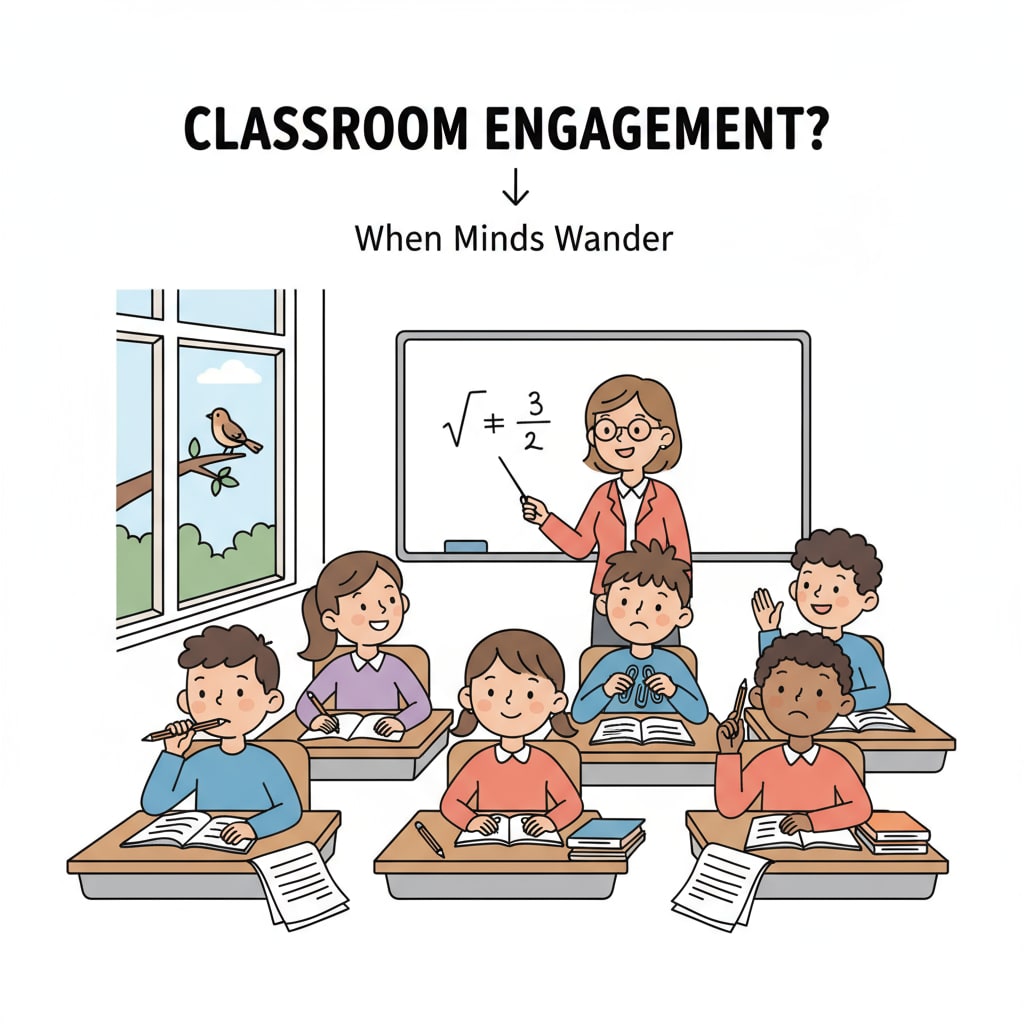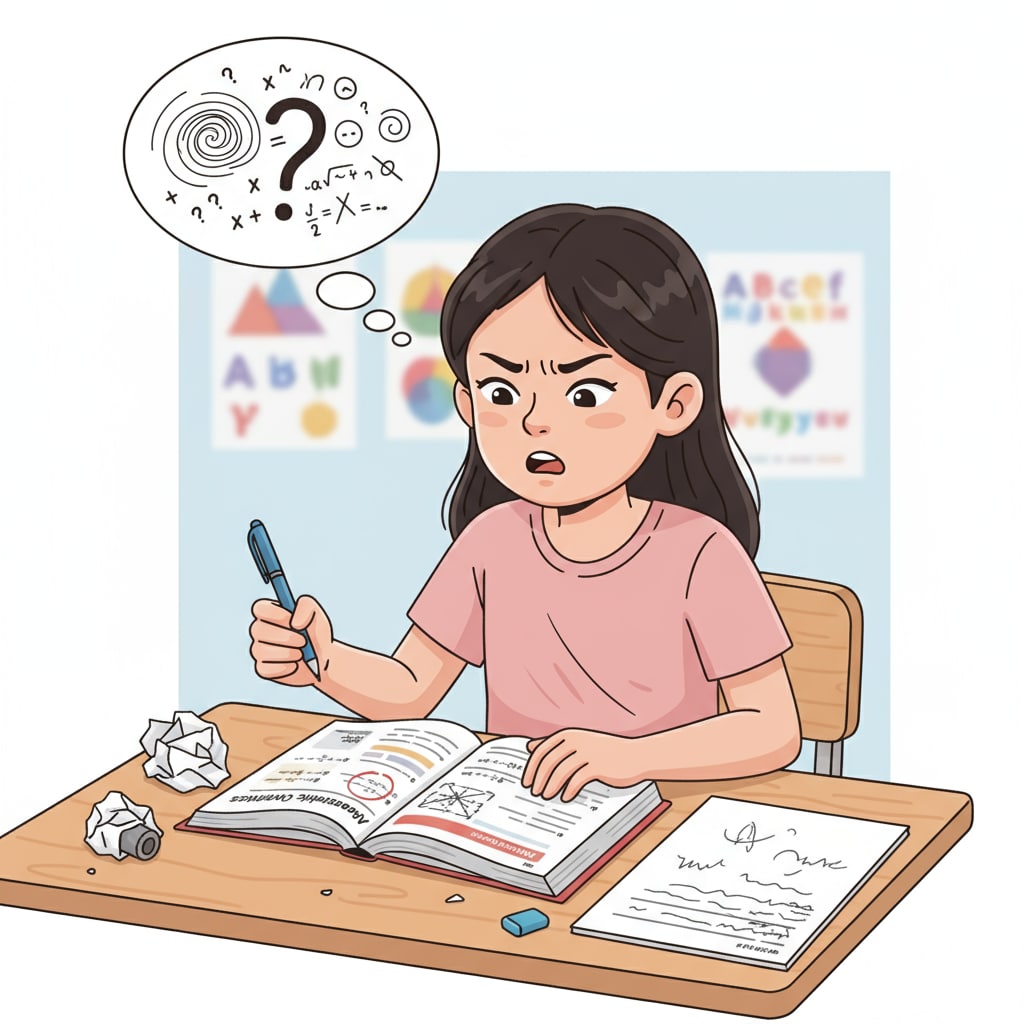Thinking abilities, cognitive difficulties, and sleep quality are crucial aspects affecting K12 students’ learning and growth. In today’s fast-paced digital age, many K12 students are facing a decline in their deep thinking capabilities. This not only impacts their academic performance but also their future development. Let’s explore the reasons behind this phenomenon and find effective ways to address it.

The Decline of Thinking Abilities
With the explosion of information and the prevalence of digital devices, students are constantly bombarded with a vast amount of content. This constant stimulation makes it difficult for them to focus and engage in deep thinking. For example, social media and video games provide instant gratification, reducing their patience for complex mental tasks. According to a study by the American Psychological Association, excessive use of digital devices can lead to cognitive overload and decreased attention spans. As a result, students often struggle to analyze problems thoroughly and come up with creative solutions.
The Role of Cognitive Difficulties
Cognitive difficulties can stem from various factors. Stress and anxiety, which are common among K12 students due to academic pressure, can disrupt their thinking processes. When students are under stress, their brains are in a fight-or-flight mode, making it hard to focus on learning. In addition, learning disabilities or lack of proper learning strategies can also contribute to cognitive challenges. For instance, some students may have trouble organizing their thoughts, which hinders their ability to think deeply. The Learning Disabilities Association of America provides valuable resources on understanding and addressing learning disabilities.

Another significant factor affecting students’ thinking abilities is sleep quality. Adequate sleep is essential for cognitive function. During sleep, the brain consolidates memories and processes information. When students don’t get enough sleep, their cognitive abilities, including attention, memory, and critical thinking, are impaired. Research has shown that students who get a good night’s sleep perform better in school and are more likely to engage in deep thinking.
To help students regain their deep thinking abilities, several strategies can be implemented. Educators can design lessons that encourage active learning and problem-solving. For example, project-based learning allows students to explore complex topics in depth and develop critical thinking skills. Parents can also create a conducive learning environment at home, limiting distractions and ensuring their children get enough sleep. By addressing the issues of thinking abilities, cognitive difficulties, and sleep quality, we can help K12 students become more engaged and effective learners.
Readability guidance: Short paragraphs and lists are used to summarize key points. Each H2 section provides a list of related factors. The proportion of passive voice and long sentences is controlled, and transition words are added throughout the text for better flow.


